MANKATO — Kelijo Wright, a Mankato grandmother who cares for her 5-year-old grandson, said there are likely many more family arrangements like hers than people realize.
The organizer of a local support group for relative caregivers, she knows firsthand the financial and emotional struggles grandparents or other family members face when they have to step into a parental role.
Wright was part of a September advocacy trip to Washington D.C. organized by the Generations United nonprofit to discuss the topic with senators. It was meant to spur support for bills providing help to family caregivers.
Generations United lobbies in D.C. often, but it was the first time Wright was involved in a trip. The bill she’d hoped would be pushed through — which would boost mental health services to help keep families together — didn’t make it through the Senate. Despite the setback, Wright said she was encouraged by the discussions she had and will continue to bolster awareness for family caretakers.
Grandparents like Wright face a myriad of issues when they assume parental roles. If a relative does step in, it often means the child is never put through the formal foster system, leaving the grandparent to take on the costs of raising the child.
“But the lack of support and funding for grandparents and caregivers who are helping the system by not allowing the children to enter the system in the first place is incredible,” Wright said.
The caretaker may even prefer not to go through the formal process of becoming a legal guardian. Doing so requires proving the mother or father isn’t capable, putting grandparents in a spot where they have to air grievances against their own children in a court of law. Wright said it certainly makes reconciliation more difficult, which is why many prefer not to do it.
Not doing so, though, leaves the caretaker with little legal guardianship rights. Trips to the doctor, or to connect the child to school services are made more difficult when the caretaker isn’t the legal guardian.
Reports from Generations United show this type of off-the-grid caretaking is fairly normal. In its annual state of grandfamilies report, the nonprofit estimated there are more than 20 times more family caretakers who aren’t in the foster system than there are family caretaker foster parents.
The number didn’t surprise Wright, nor did it surprise her mentor, Sharon Olson. Olson, of Elk River, has been involved in Generations United for years and recommended Wright go to D.C. in her place. She was one of the caretakers who helped push for a “de facto custodian” law which provides a framework for caretakers to gain custody in Minnesota.
Since many caretakers serve as informal foster parents, Olson said it’s always difficult to show lawmakers how great the need is for such legislation. Even the statute she helped form took far longer to become law than she'd hope.
Similarly, she said it’s hard to connect support services — like the group Wright started — to the caretakers who need them. It’s common for relatives to keep quiet about their arrangements, partly because Olson said they feel they’re blamed for their children not being able to parent.
“It’s difficult to spread word and reach out when people are reluctant to step forward,” she said.
Olson, who called Wright her “right-hand” woman in the effort to raise awareness of family caretakers in Minnesota, commended Wright’s efforts connecting with others who need support.
The support group Wright started offers more than comfort. Wright said she helps connect caretakers with legal services to help gain custody of the child if need be. She knows how the process works because she’s been through it, but others who have to step in on short notice would otherwise have to go it alone.
The group also offers an outlet for caretakers and the children to bond knowing they’re all in similar situations.
“Sometimes it's just knowing that somebody else understands what you’re going through is all you need,” Wright said.
The amount of children in foster care has risen over the past decade, which, again, doesn’t take into account the caretakers parenting outside the foster system. Wright said she expects the strain on caretakers like her will only grow harder, which is why she’ll continue serving as a resource for families in the area.
She encouraged anyone interested in joining the support group to call her at 507-380-7210.




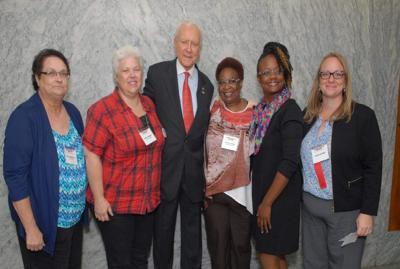














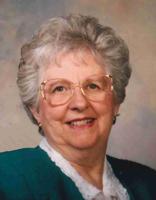
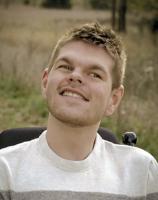
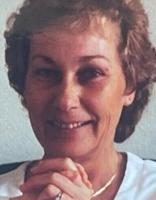
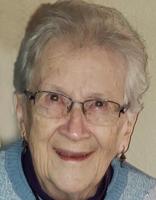
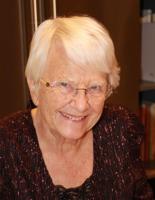
Commented
Sorry, there are no recent results for popular commented articles.